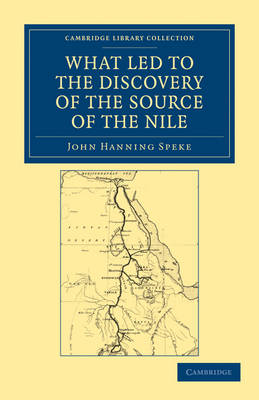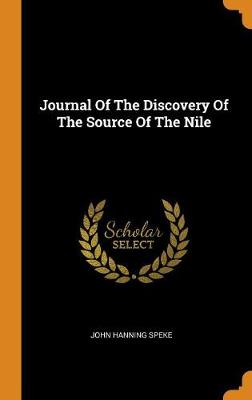Cambridge Library Collection - African Studies
2 total works
John Hanning Speke (1827–64) was an officer in the British Indian Army, best known for his explorations of Africa. In the 1850s he embarked on two major expeditions there, the first, to Somalia, inspiring the second, to East Africa, during which he endeavoured to locate the source of the White Nile. This book of 1864 brings together his memoirs of both ventures, in which he draws connections between the two, and provides dramatic recollections of his endurance of captivity, attack, and tropical disease. Despite the obstacles he faced, on his second mission he identified Lake Victoria as the Nile's source; however his claims were heavily contested, as the loss of vital equipment had left questions about its altitude and extent unanswered. The lake was eventually proved to be the source after Speke's tragic death from a gunshot wound, making these memoirs a cornerstone in the historical geography of Africa.
John Hanning Speke (1827-1864) was a British army officer and explorer, remembered for his expeditions in search of the source of the Nile and his disputes with Richard Burton on that subject. On an expedition begun in 1856 Burton and Speke reached Lake Tanganyika together, but Speke travelled on alone to Lake Victoria. He controversially gave lectures about the lakes in London in 1859, without awaiting Burton's return. Speke returned to Africa later that year, leading an expedition organised by the Royal Geographical Society, to explore Lake Victoria and investigate whether it really was the source of the Nile. This book, published in 1863, describes the 1859 expedition's challenging and eventful journey through present-day Zanzibar, Tanzania and Uganda, and the indigenous peoples the explorers encountered. Speke made invaluable surveys of the area, but it was only after his death that his views about the Nile were finally proved correct.

